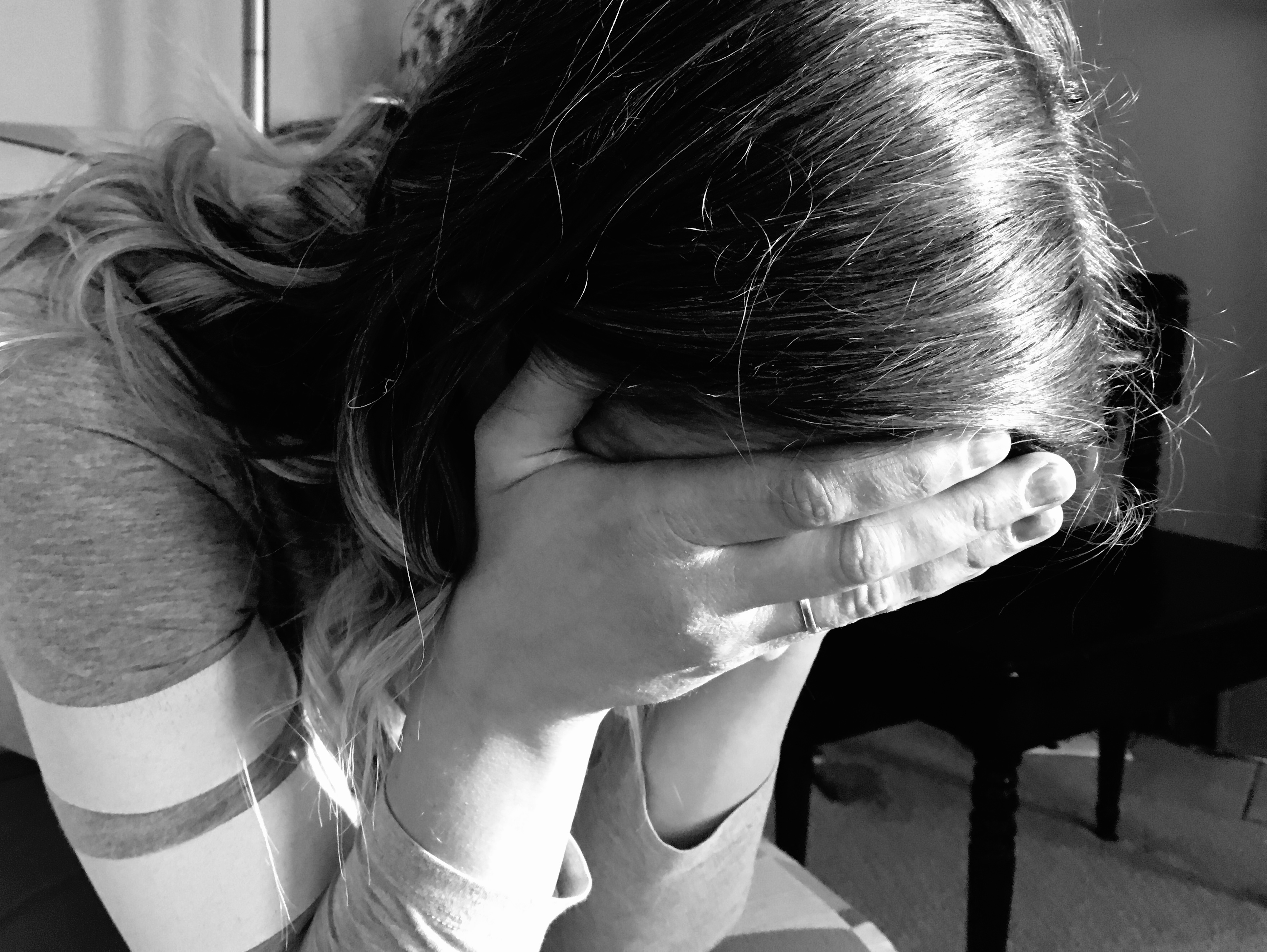Using Music to Cope with Learned Helplessness
Learned Helplessness is the theory that depression and anxiety compound and worsen when an individual feels that they have no control. Here’s how music therapy can help.
I remember her clearly.
I read through her chart and prepared my clipboard. As I walked into her room I was overwhelmed by the heaviness she seemed to have. A slight woman, reading a book the doctor had suggested to her, wearing the white socks that all of the behavioral health patients wore while on the unit. It was a typical sight when meeting a patient for the first time but I will never forget the defeated look in her eyes and the conversation we had.
“There’s nothing you can do to help me.”
“I CAN’T change it.”
“This is how I’m going to feel for the REST OF MY LIFE.”
After learning more about her situation, completing my assessment and inviting her to come to the music therapy group I was about to facilitate- I left feeling overwhelmed. How can I help someone that believes there is no possible way out?
This woman was experiencing Learned Helplessness.
Learned Helplessness is Martin Seligman’s theory that depression and anxiety compound and worsen when an individual feels that they have no control. When we believe that nothing we do will change the way we feel, we feel worse. Helplessness is similar to a lack of motivation, a common symptom of both depression and anxiety. It is a lack of motivation that has snowballed and evolved into a deep-seated belief that we have no control over our lives.
We wrote the blues. Problem-solving Blues. Each patient shared a problem they were facing and the group helped them come up with a solution. When it came to her turn she was hesitant. She second-guessed her lyrics and wanted others to contribute for her. Slowly, I saw her eyes brighten as she shared and listened to her lyrics being sung. She began to sing loudly, repeating what she had just written. She picked up the largest drum in the room and stood to play, the beat clearly manifested in her tapping feet and shaking head.
There was a last rift from the guitar and she cried, “Wow! I haven’t felt that good in such a long time.” There was light in her eyes, energy in her body and excitement in her voice. “Can you teach me to do that at home?!”
Over the next few days I helped her create an at home music therapy plan. We made playlists, wrote song parodies for her to sing and gave her resources for local music groups she could join. She was by no means “cured”. Yes, there had been that incredible music therapy moment that opened her eyes to new possibilities but she still had a lot to learn. She had to learn self-efficacy. She still had to learn to look at her life differently, but at least now she thought that was possible. Creating positive change in our lives and our thinking takes effort and consistency.
Music can be a powerful tool in helping us retake some control of our lives.
If you feel you may be dealing with Learned Helplessness here are some strategies that can help you use music to create a new way of thinking.
#1 Motivation
Use a favorite/upbeat playlist to get yourself off the couch or out of an unhelpful thought loop.
#2 Positive Reinforcement.
Listening to songs with positive, anthem like lyrics can reinforce positive thinking and encourage self-efficacy
#3 Taking positive action
Writing a song on your own or with the help of a music therapist can challenge errored thinking and help you start positive patterns while reinforcing positive self-image.
These strategies, when used wisely and consistently, can help you in your efforts to create a healthier, positive and progressive life.
If you don’t know where to start, or you want some extra support, contact us to make an appointment.
We hope to see you soon.

